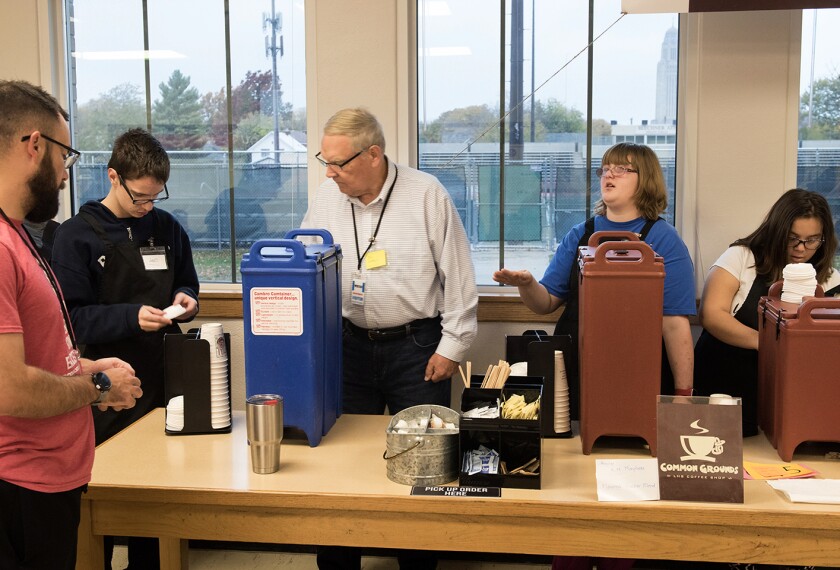The U.S. Department of Education has given grants to 20 universities to revamp their special education teacher-preparation programs, a step the department says is key to increasing the numbers of highly qualified teachers in that field.
The grants, announced last month, are the first of what will be five-year projects at the chosen universities. The teacher-training programs should be making changes as soon as this fall for teacher candidates, say representatives of the universities involved.
“We consistently hear from state, local, and higher education officials that personnel preparation programs for special education teachers should be restructured or redesigned for graduates of those programs to meet the highly qualified teacher requirements in the [Individuals with Disabilities Education Act],” Education Secretary Margaret Spellings said in a statement.
The “highly qualified” standards, as outlined in the 2004 reauthorization of the Individuals with Disabilities Education Act, require that special education teachers, in addition to having knowledge about creating lessons for children with special needs, must also in some cases have academic-subject knowledge. The standard has been a difficult one for some teachers to meet, because many teacher-training programs for special educators focus primarily on teaching methods.
The Education Department said the universities are to upgrade their programs with “research-proven strategies” that will help teachers work with students who have “high-incidence disabilities,” such as mental retardation, emotional disturbance, and learning disabilities.
Colleen Thoma, an associate professor of education at Virginia Commonwealth University in Richmond, said her university will be using its initial grant of about $110,000 to make sure teacher candidates have a fundamental knowledge of evidence-based practices, among other projects.
“We’re hoping to offer these classes, not just to pre-service teachers, but to teachers who are already in the field,” Ms. Thoma said.
Another university plans to use the government funds, in part, to instruct teachers-in-training in such topics as differentiated instruction, said Karen Smith, an associate professor in the school of education at the University of Texas of the Permian Basin in Odessa. Her university received an initial grant of about $139,000.
Texas colleges and universities do not offer education majors, though they may have schools of education that offer methodology courses and certification, Ms. Smith said. College students pick a subject-area speciality, but their direct experience with methods for instructing students with disabilities was very limited, she said.
“We need to be developing teachers who can teach to all kids,” Ms. Smith said.




